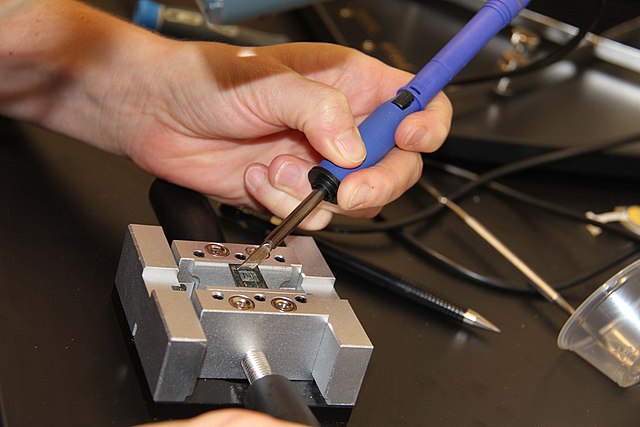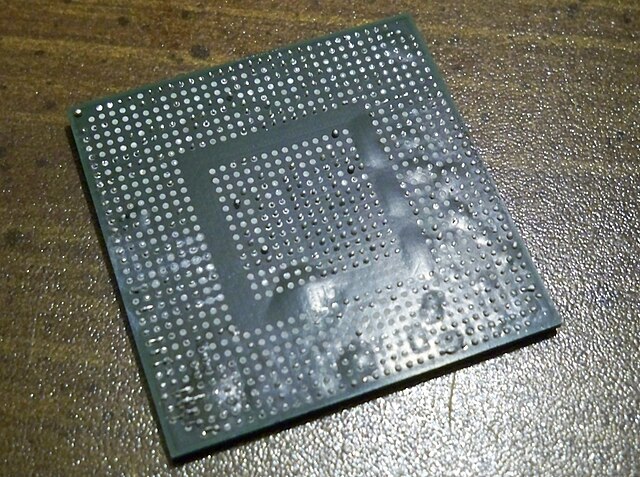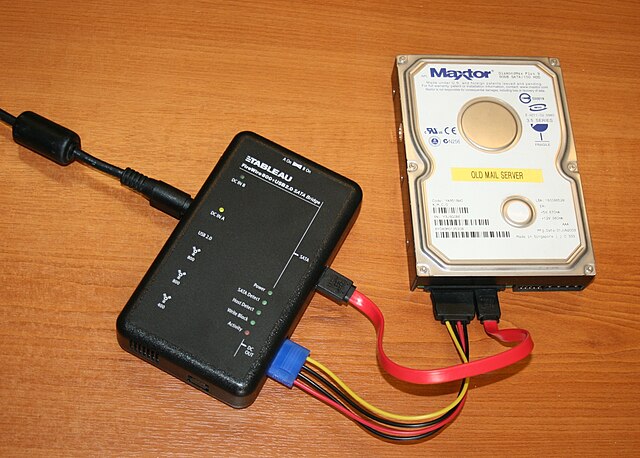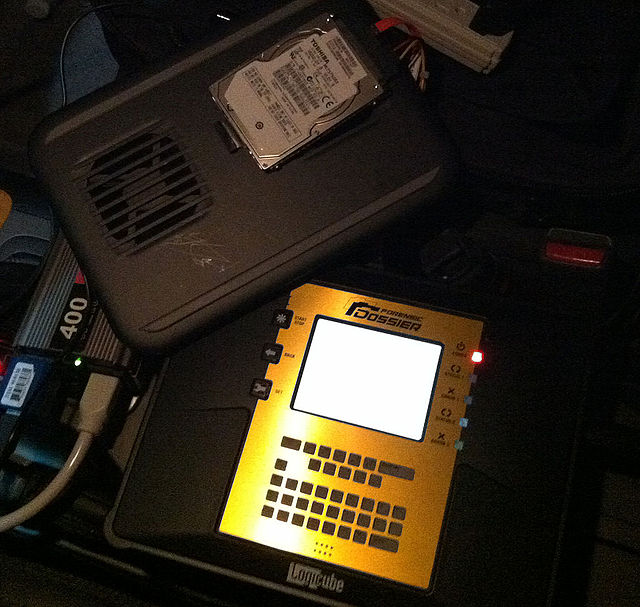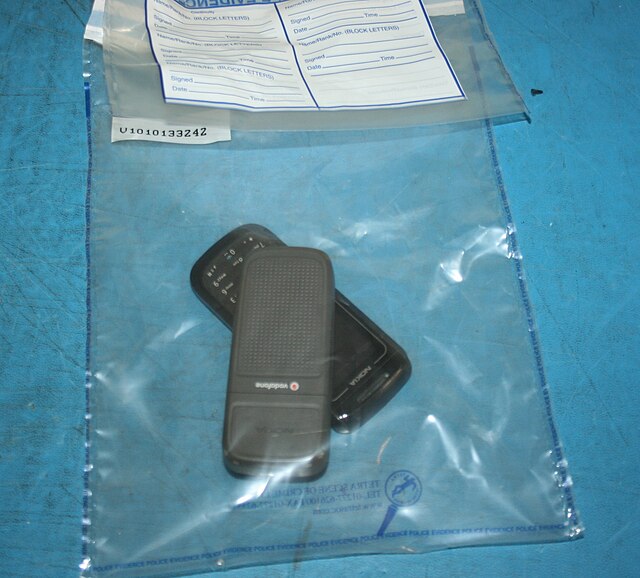Mobile device forensics is a branch of digital forensics relating to recovery of digital evidence or data from a mobile device under forensically sound conditions. The phrase mobile device usually refers to mobile phones; however, it can also relate to any digital device that has both internal memory and communication ability, including PDA devices, GPS devices and tablet computers.
A forensic expert examining a mobile device that was seized during an investigation
iPhone in an RF shield bag
RTL Aceso, a mobile device acquisition unit
Moisture in this circuit board turned to steam when it was subjected to intense heat. This produces the so-called "popcorn effect."
Digital forensics is a branch of forensic science encompassing the recovery, investigation, examination, and analysis of material found in digital devices, often in relation to mobile devices and computer crime. The term "digital forensics" was originally used as a synonym for computer forensics but has expanded to cover investigation of all devices capable of storing digital data. With roots in the personal computing revolution of the late 1970s and early 1980s, the discipline evolved in a haphazard manner during the 1990s, and it was not until the early 21st century that national policies emerged.
A portable Tableau write-blocker attached to a hard drive
Digital evidence can come in a number of forms
Private Investigator & Certified Digital Forensics Examiner imaging a hard drive in the field for forensic examination.
Mobile phones in a UK Evidence bag

